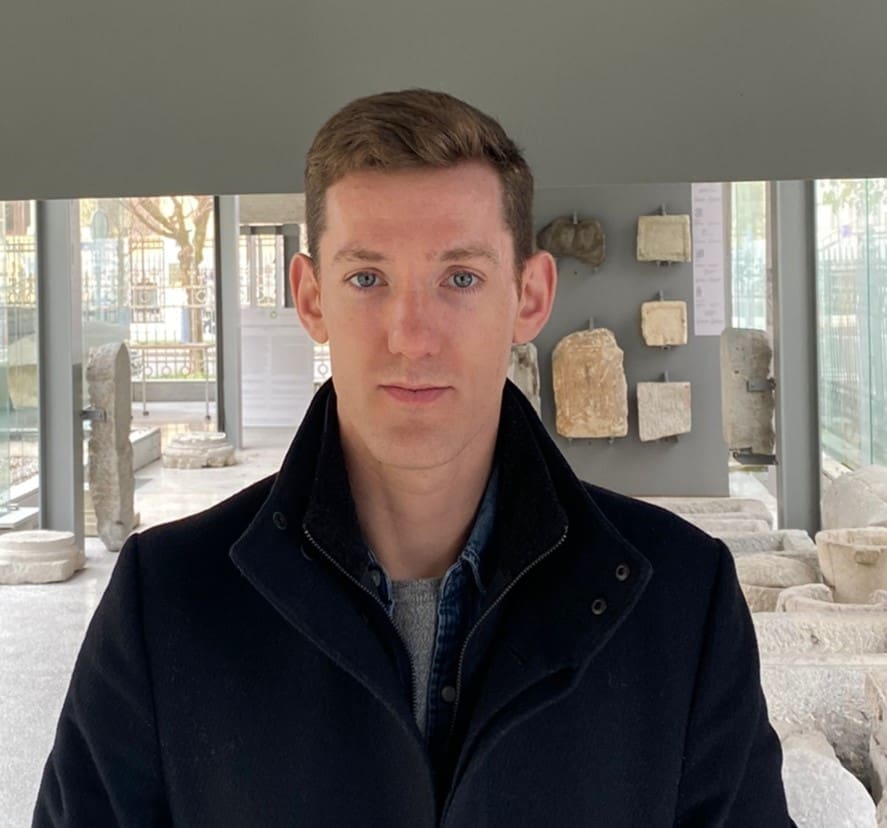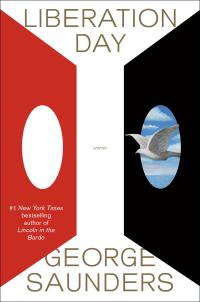Dr. Christopher Londa to Speak on Enslaved Readers in Ancient Rome

Dr. Christopher Londa to Speak on Enslaved Readers in Ancient Rome
Please join the Classics Department in welcoming Prof. Christopher Londa, who will be delivering a talk entitled "Notes from the Speaking Wall: Enslaved Literary Performance through Dystopian Fiction," on Thursday, April 11 at 4 pm.
“Reading with their ears,” the aristocratic elite of ancient Rome often enjoyed literature by listening to enslaved lectors perform texts out loud. But how did the lectors themselves think about these performances? On this question, the archive plays broken records. We hear elites complain about work-stoppages; the perspectives of enslaved reader-performers rarely survive. To map the shape of this absence, Dr. Londa's presentation will experiment with a comparative methodology, taking an example of recent dystopian fiction as a heuristic for formulating questions about the world of enslaved readers “off-book” and “behind the scenes.”
The work in question is George Saunders’ “Liberation Day” (2023). The short story relays the inner monologue of Jeremy, one of an immobilized and cognitively-modified group of “Speakers,” whose voices are programmed for performance by the household’s patriarch. In comparing Saunders’ representation of the “Speaking Wall” with enslaved literary performance in ancient Rome, Dr. Londa traces a selection of anarchival feelings and tensions that flesh out the experience of reading “from below.”
Christopher Londa is a scholar of the literature, culture, and history of the Roman world, with an emphasis on the late-Republican and early-Imperial periods. He presently holds a Loeb Classical Library Foundation Postdoctoral Fellowship at the Johns Hopkins University, where he is currently teaching a graduate seminar on “Slavery and Literature in the Ancient Roman World."
Prof. Londa’s research examines Roman literature’s entanglements with problems related to authorship, archives, slavery, labor, property, and performance. His current book project, Working the Margins: Invisible Labor in the Ancient Roman Authorshop, tells the story of the secretaries, clerks, teachers, and scholars who were the hidden engine behind the production of Latin literature in the first centuries BCE and CE. The monograph asks how their presence “in the room” shapes the texts that come out of it. This project is based on his 2023 dissertation “Paraliterary Labor and the Social Conditions of Roman Authorship.”


